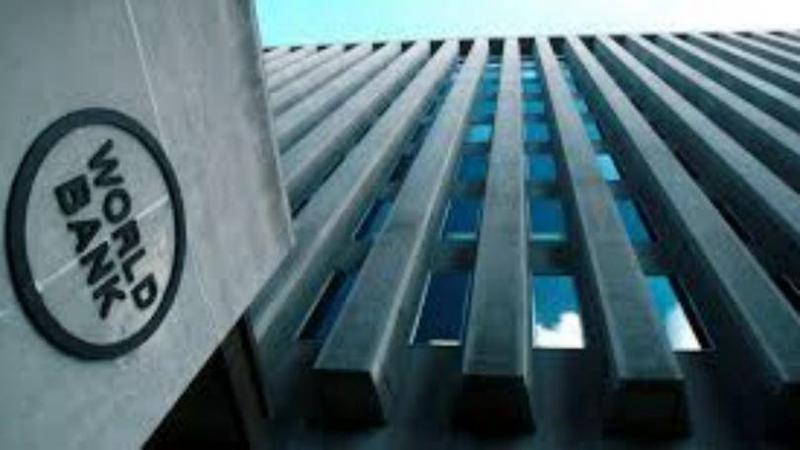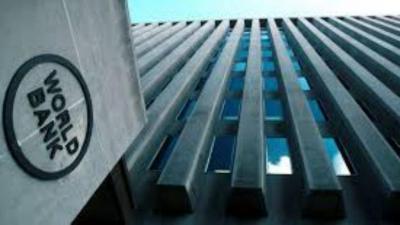On Wednesday, the World Bank accused Lebanese politicians of cruelty for asserting that deposits in the country's collapsed banking sector are sacred, stating that such slogans "sharply contradict reality." Lebanon is now in its third year of financial collapse, which has left eight out of ten people poor and is considered by the World Bank to be intentional and possibly one of the worst three financial collapses in modern history. This new report marks the second time this year that the World Bank has reprimanded politicians representing the ruling elite in Lebanon, having accused them in January of "orchestrating" the catastrophic economic collapse due to their exploitative grip on resources.
The collapse has led to the freezing of depositors' savings in the crippled banking system and caused the local currency to lose more than 90 percent of its value. The World Bank stated in the report, "Political slogans about the sanctity of deposits are hollow and opportunistic. In reality, the abuse of this term by politicians is harsh." The report added, "The term not only starkly contradicts reality, but it also hinders finding solutions to protect most, if not all, small and medium dollar and cash depositors."
Lebanese politicians often say that depositor rights must be preserved in any plan to address estimated losses of around $70 billion in the financial system, even though their savings have lost about 80 percent of their value due to the collapse. The World Bank added, "Bank shareholders and large creditors, who have greatly benefited over the past thirty years from an extremely inequitable economic model, should accept and bear the losses." This should have happened at the beginning of the crisis... to mitigate economic and social suffering."
Lebanese banks heavily lent to the state, which accumulated massive debts due to corruption and mismanagement. The World Bank report indicated that a "large portion" of people's savings "has been misused and misallocated over the past thirty years." The previous government proposed a plan to address the losses in 2020, but it was thwarted by the influence of sectarian factions that have the final say in Beirut and objections from the banking sector and the central bank. A new plan approved in May also faced objections.
The International Monetary Fund wants Lebanon to agree to a banking restructuring plan as one of the preconditions to move forward with a draft financing agreement. The World Bank report questions how authorities are meeting funding needs through what is described as a Ponzi scheme, a type of fraud that ensures payments to current investors from new investors' funds. It added, "The sooner the necessary reforms are initiated, the less the cost of financing Ponzi schemes will be for the Lebanese people."
A spokesperson for the Lebanese government did not immediately respond to a request for comment.




